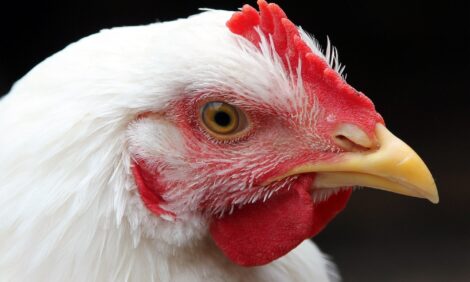



Chile reports first avian influenza case in a marine mammal
The sickly sea lion exhibited respiratory problemsChilean health authorities have detected the country's first case of highly pathogenic bird flu (HPAI) in a marine mammal after a 250-kilogram sea lion was founded stranded on a northern beach with respiratory problems.
"This is the first case of a marine mammal affected by this virus in Chile," the country's fisheries and aquaculture agency Sernapesca said late on Thursday, after the case was detected in the northern region of Antofagasta.
The agency noted that cases in sea lions have been detected in the United States and Peru. In Chile, a case has also been detected in a penguin.
"The case corresponds to the variant of the virus that has already been detected in wild birds in 11 national regions, and is also present in countries such as Ecuador, Peru, Colombia, Venezuela, Argentina, Uruguay, among others," Sernapesca said.
Avian influenza is a contagious viral disease that affects both domestic and wild birds, with no known cure. It has occasionally been detected in isolated cases in mammals and humans, though the risk for humans is low.
Farmers who detect the infection in their flock will usually slaughter all their birds to prevent the spread of the virus.
Chile's Agriculture and Livestock Service (SAG) detected the virus in a wild bird in the central O'Higgins region in early January. It has since been detected in 21 species of wild waterfowl, with the pelican being the most affected.
Earlier this week, Argentina and Uruguay confirmed their first cases of avian influenza in wild birds, joining other countries in the region that have detected the disease.
Sernapesca said it would activate a special protocol for strandings of marine animals.









